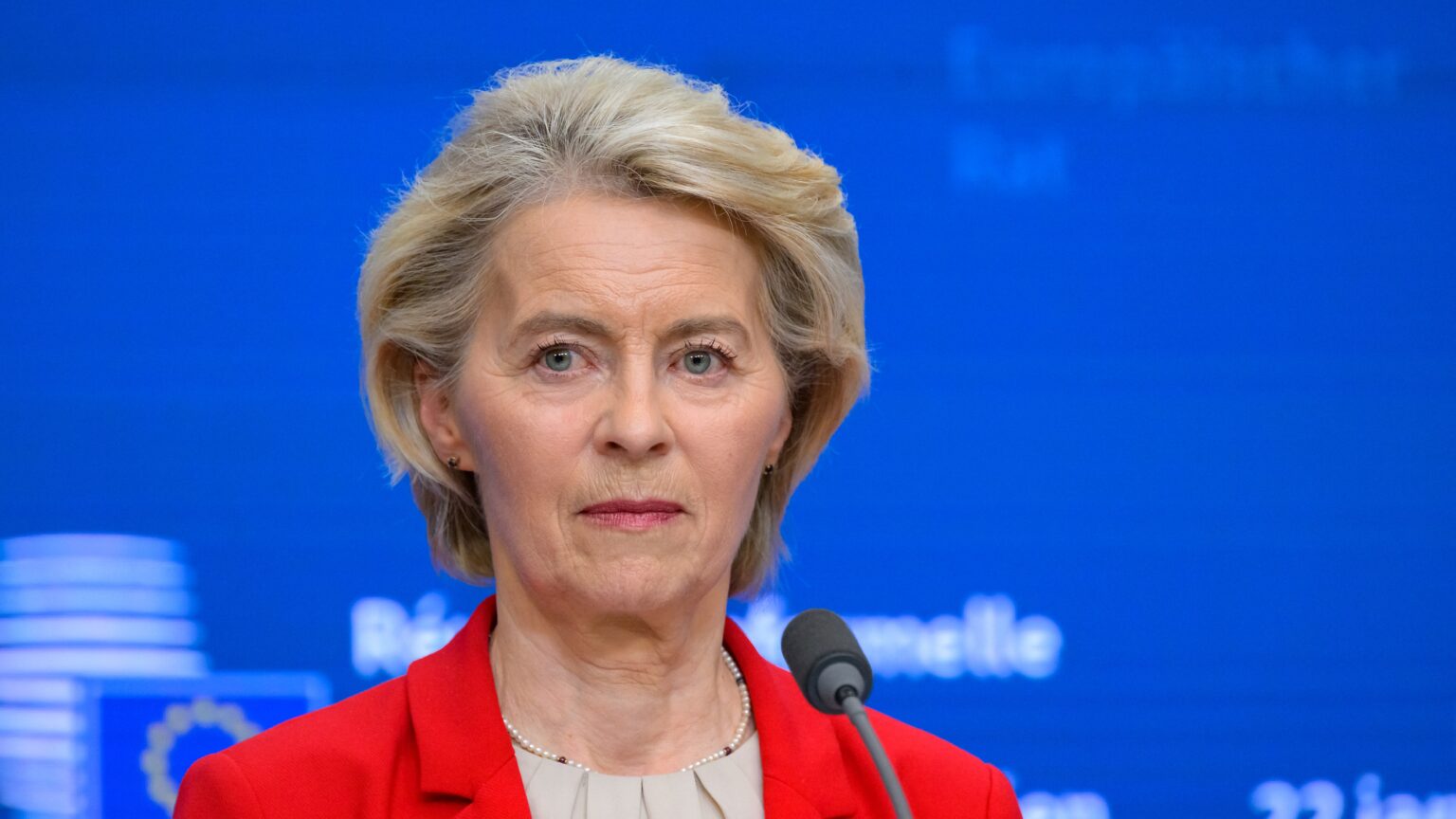
‘While Americans continue to uphold a strong belief in free speech, modern Europe has adopted a more technical approach—one focused on “right” speech rather than free speech; one that censors expression strategically and discreetly.’
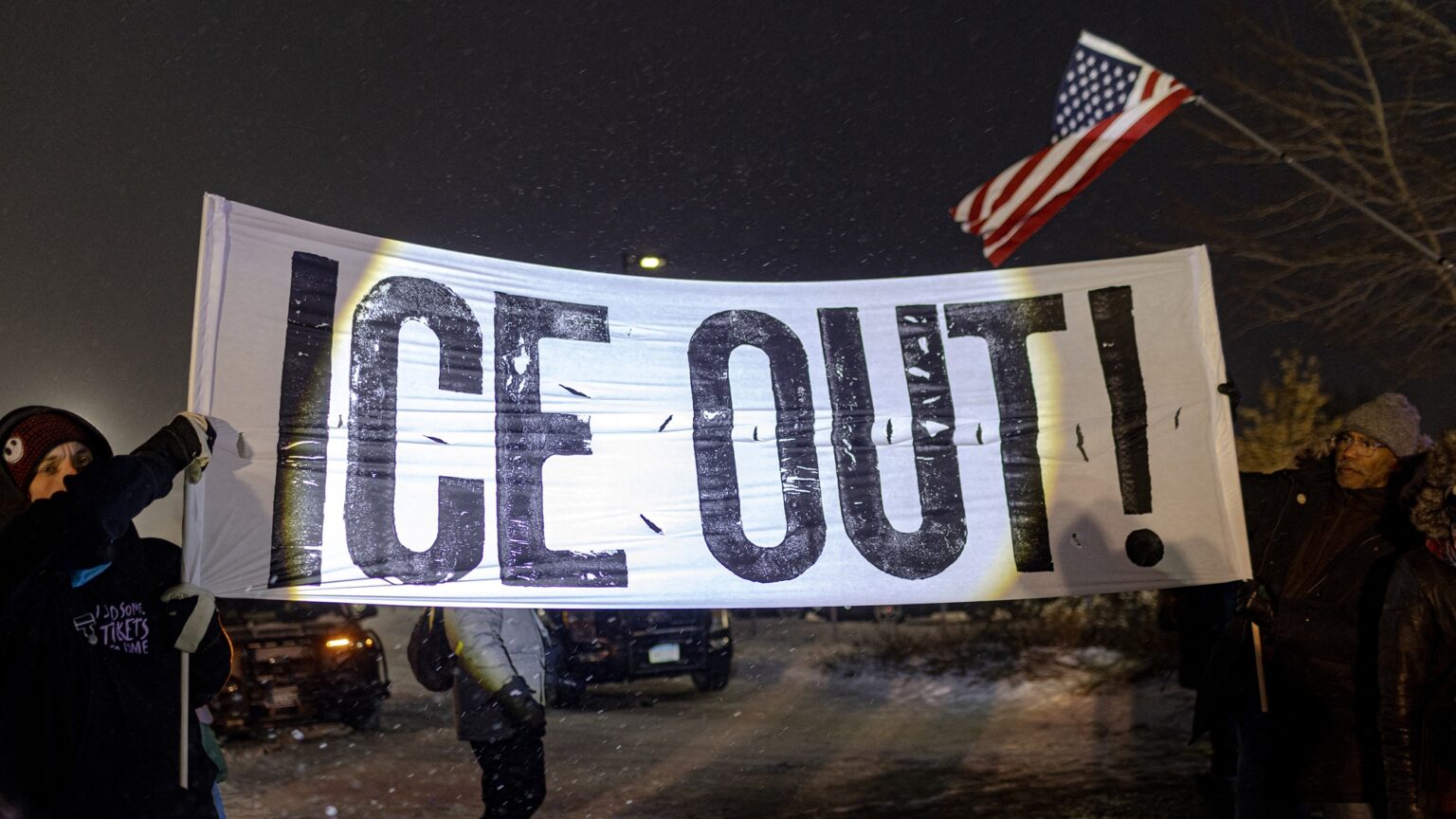
The Daily Caller has uncovered that the Minnesota-based organization Headwaters Foundation for Justice has received $3.3 million in funding from George Soros’ Open Society Foundations. The Headwaters Foundation, in turn, has funnelled the funds to 16 progressive activist groups organizing anti-ICE protests.
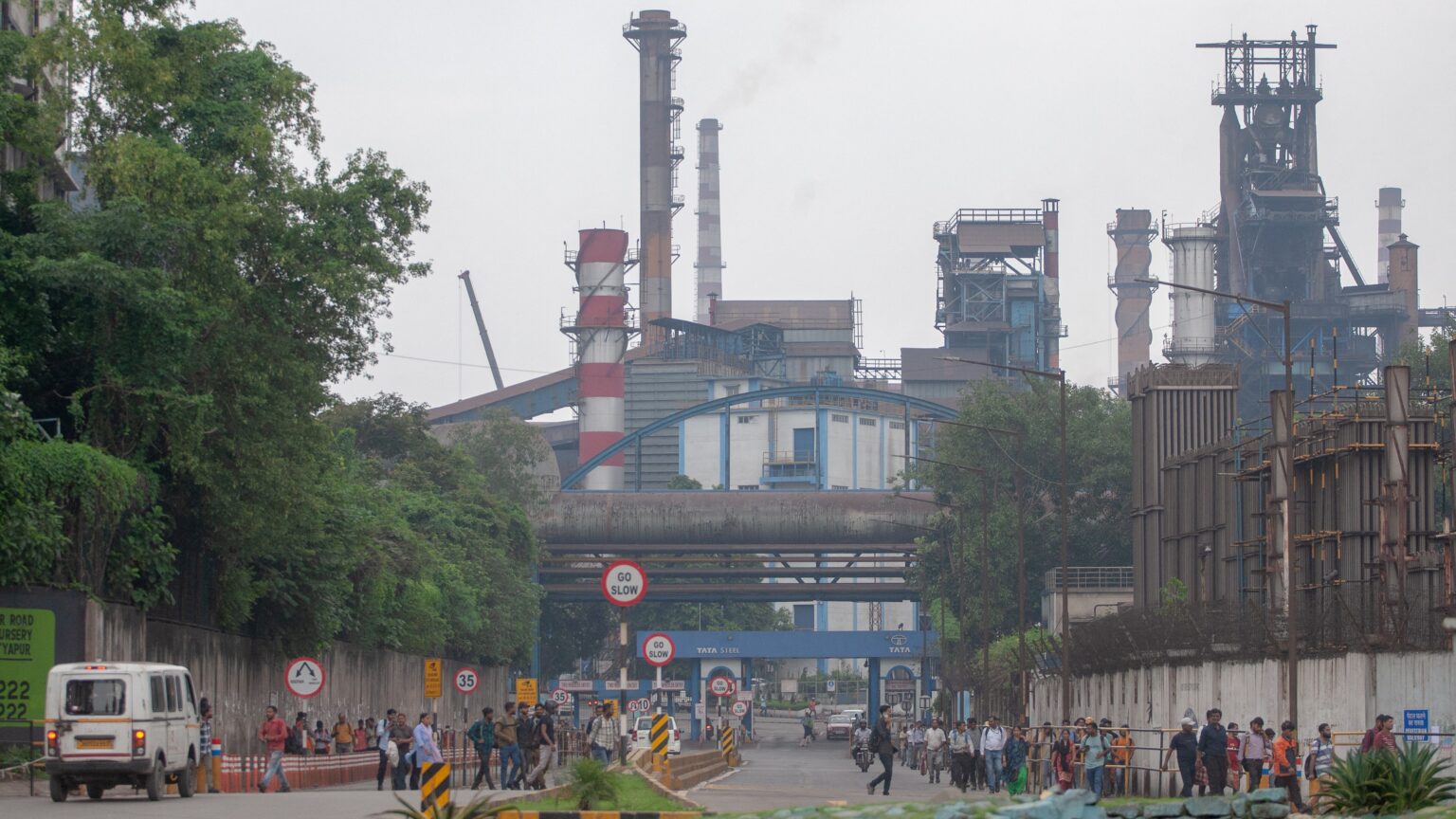
‘India could have learned a valuable lesson from the dismantling of Europe’s global stature and prestige. The ease with which it occurred was breathtaking.’
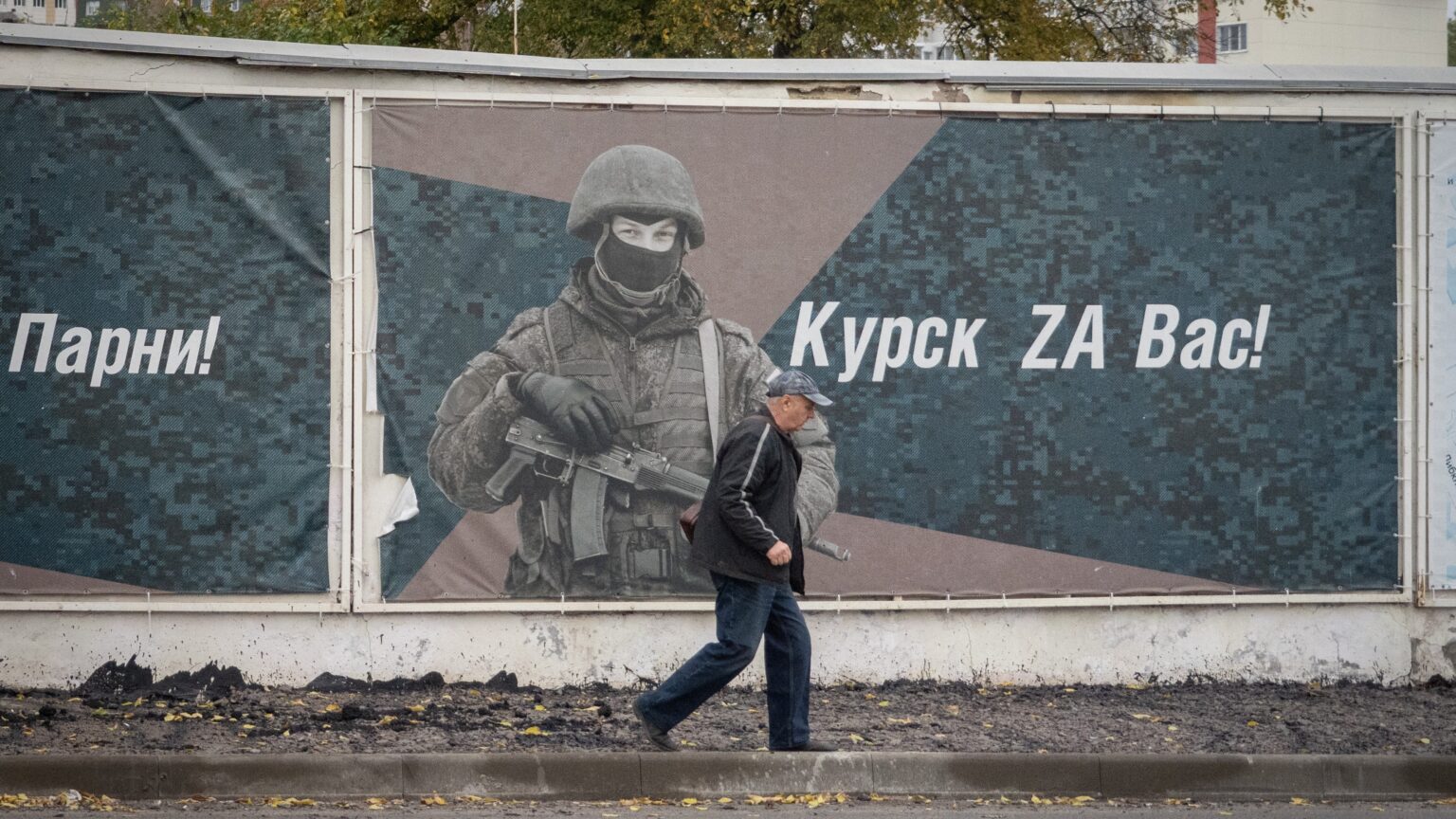
Ukraine has agreed with Western partners that repeated Russian violations of any future ceasefire would trigger a phased military response from European forces, backed by the United States, according to officials briefed on the talks.
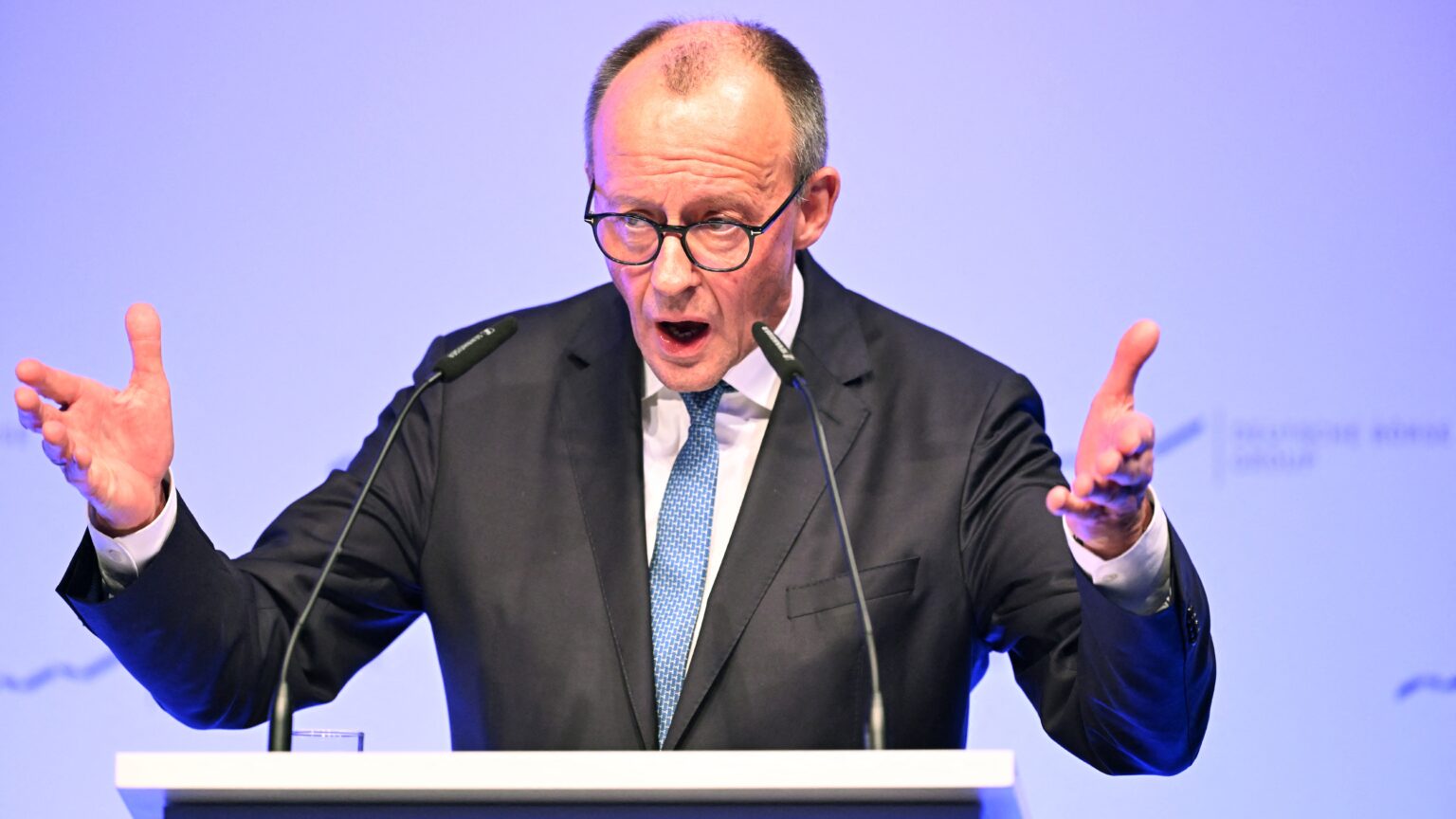
German Chancellor Friedrich Merz said the EU–Mercosur trade agreement will enter into provisional application despite plans by opponents in the European Parliament to seek judicial review of the pact before the EU’s top court.
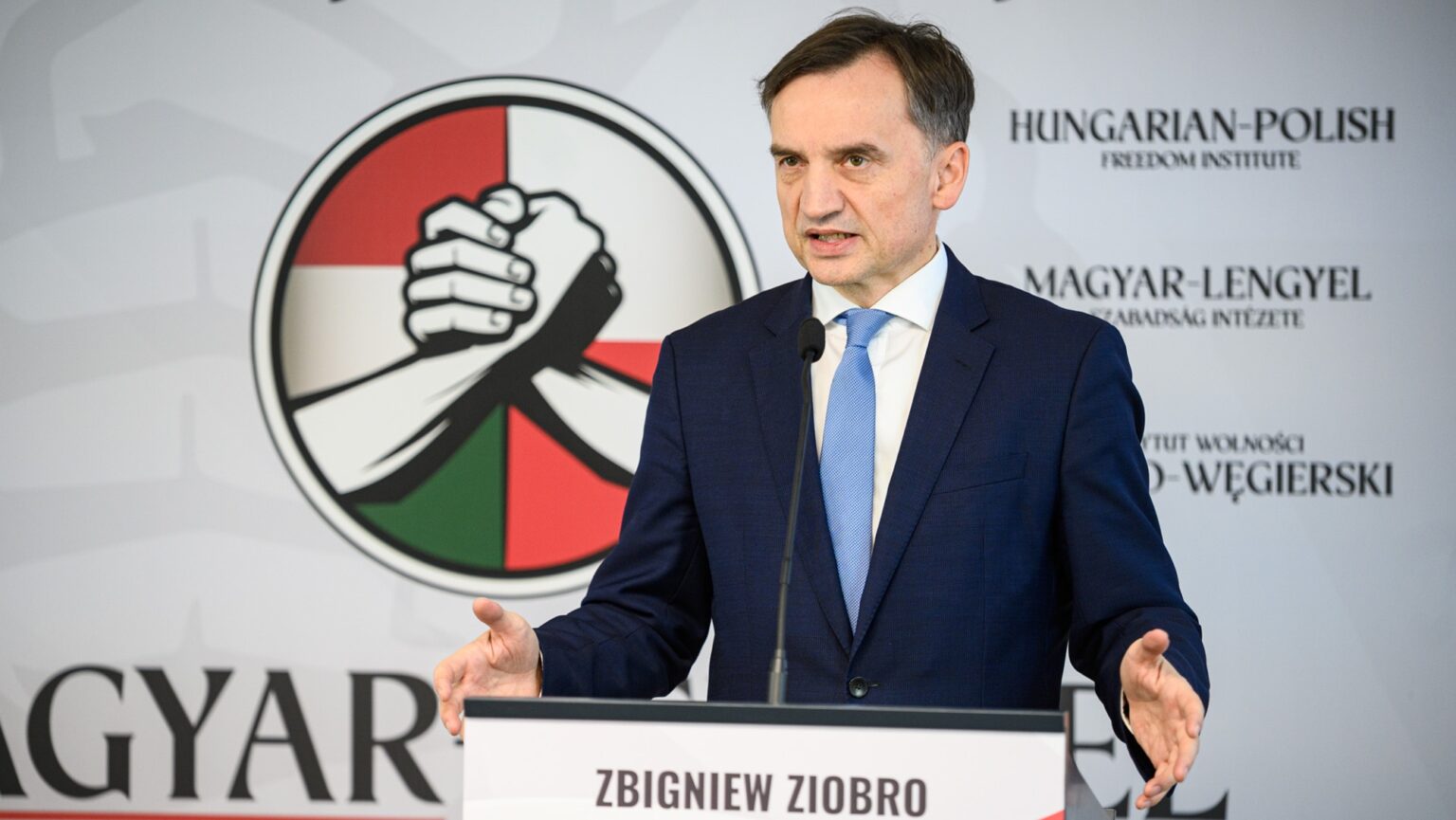
The Court of Justice of the European Union ruled that Poland’s Constitutional Tribunal is not a legitimate body. To discuss the decision’s implications for Member States soveringnty, Marcin Romanowski, President of the Hungarian–Polish Institute of Freedom, Former Minister of Justice Zbigniew Ziobro of Poland, and Polish constitutional law expert Oskar Kida held a joint press conference in Budapest.
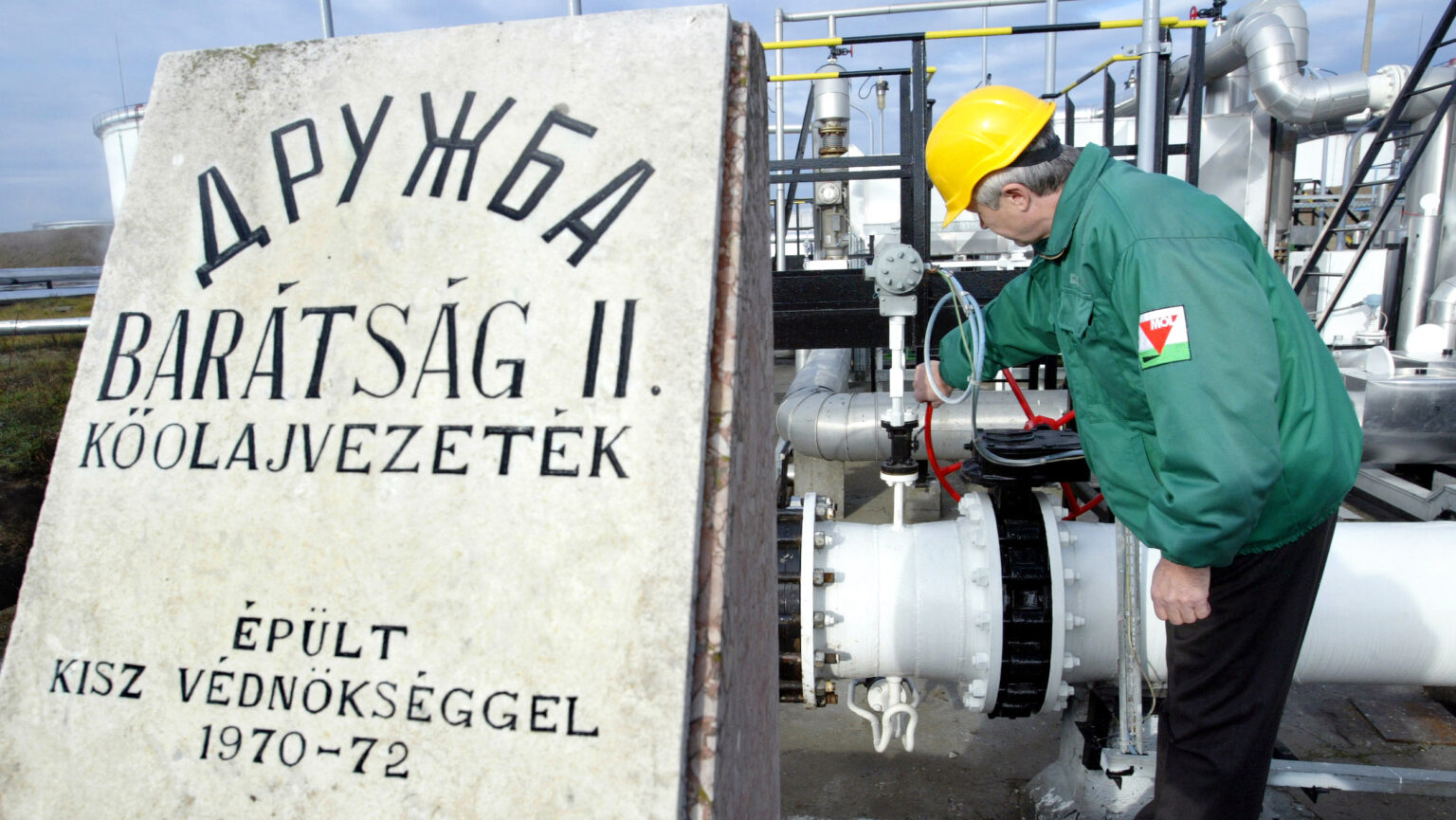
Hungary will initiate legal proceedings against the EU’s REPowerEU regulation, arguing that it unlawfully threatens access to affordable energy and circumvents EU decision-making rules, the minister for EU affairs said on Monday.
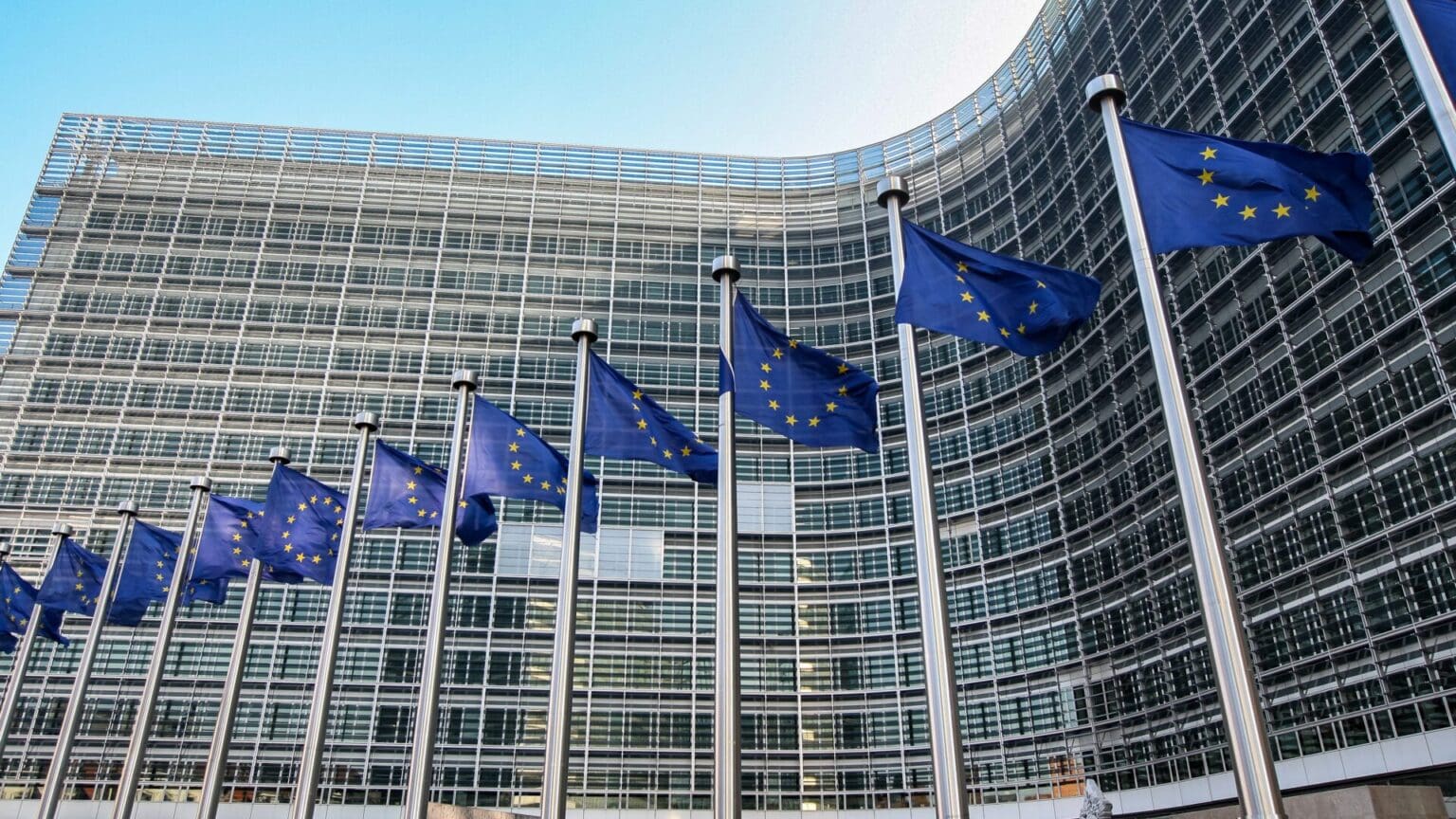
‘The European Commission immediately embraced the initiative and began drafting a policy proposal under the same name, with the aim of creating a unified pan-European company structure…However, the member states are likely to be less enthusiastic, as the planned 28th regime would in fact reduce national jurisdiction.’
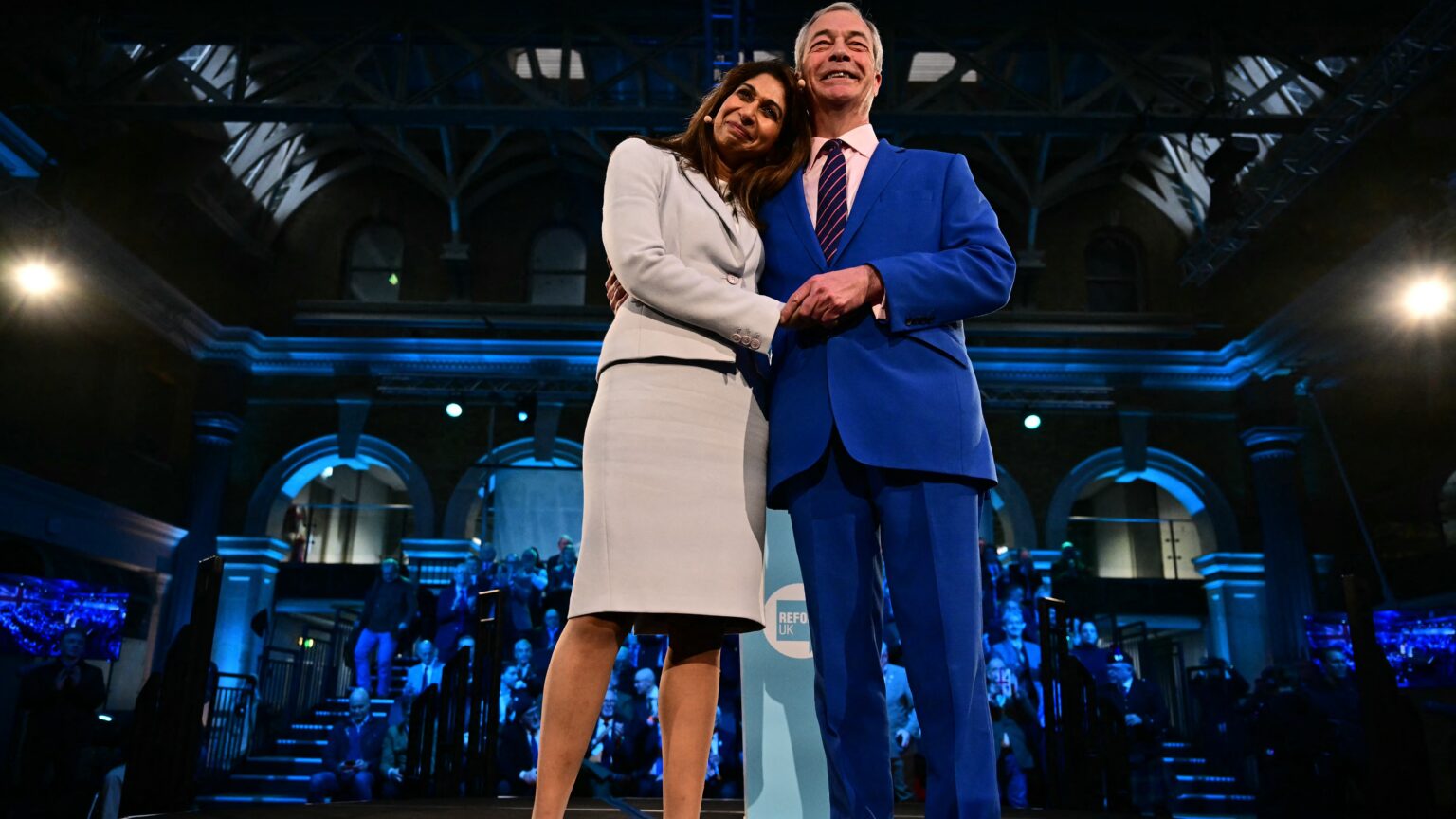
‘Farage needs technocrats. And since people capable of running nations do not exactly grow on trees, that means he has little choice other than to start raiding other parties for their so-called experts.’
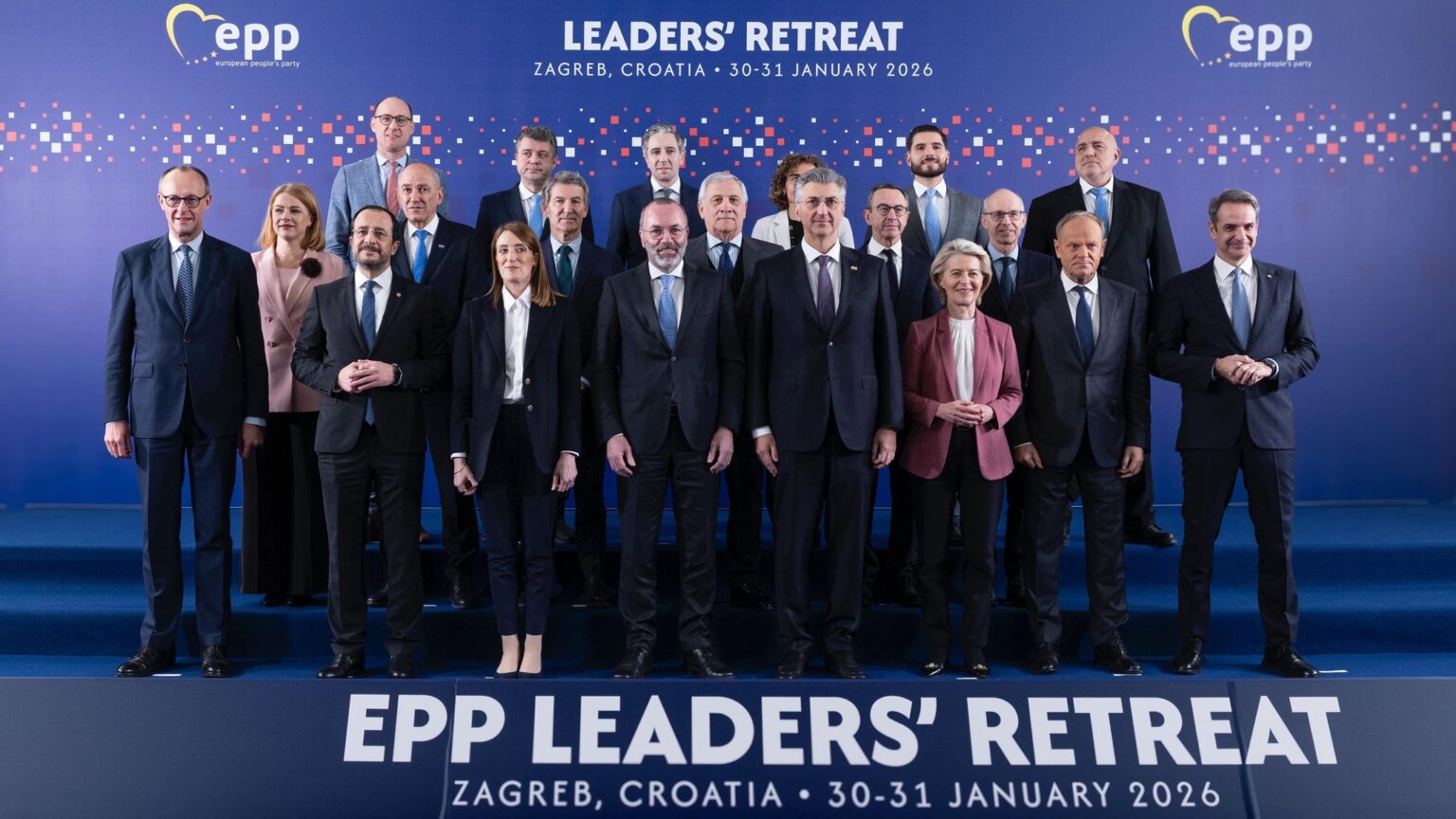
Behind closed doors in Zagreb, the European People’s Party outlined a vision for Europe that would dilute national sovereignty and turn the EU into an increasingly militarized organization anchored to long-term commitments for Ukraine. With Viktor Orbán standing as the main obstacle to this agenda, it is hardly surprising that Brussels is now heavily invested in unseating him ahead of Hungary’s April election.

‘The aggressive push by UN and EU institutions, among others, to impose CSE, a harmful agenda that is neither grounded in nor compatible with international human rights law, on the African continent, represents a striking encroachment on the principle of cultural and development ownership and an affront to the same European values that reject undue interference in the democratic processes of states.’
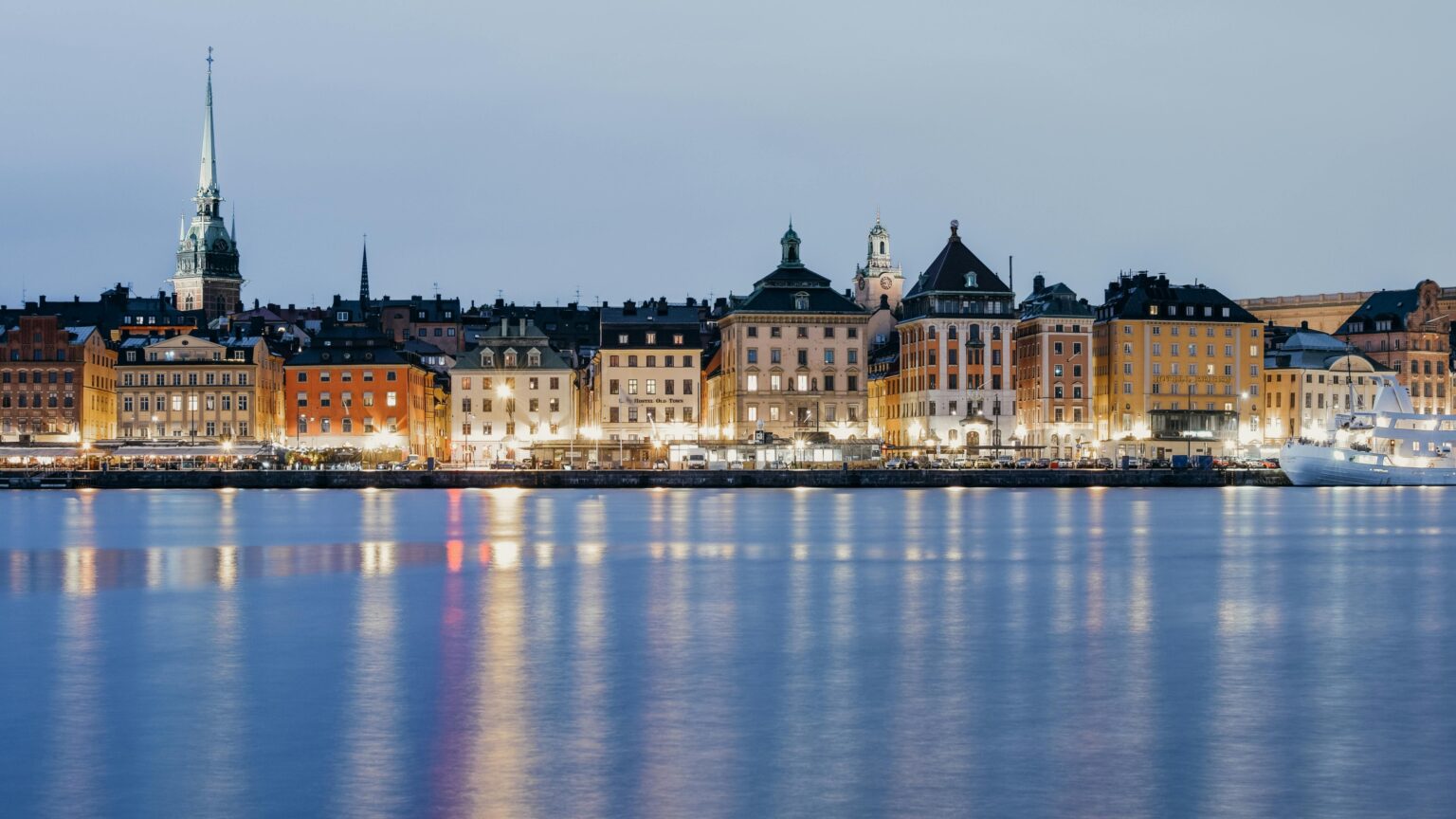
‘Today, as geopolitical unrest combines with the clear emergence of new right-wing currents across Europe and beyond, our contemporary era increasingly resembles the era in which Rudolf Kjellén (1864–1922) was active. There are, therefore, good reasons to return to the Swedish founder of geopolitics and his views on conservative politics and international relations.’
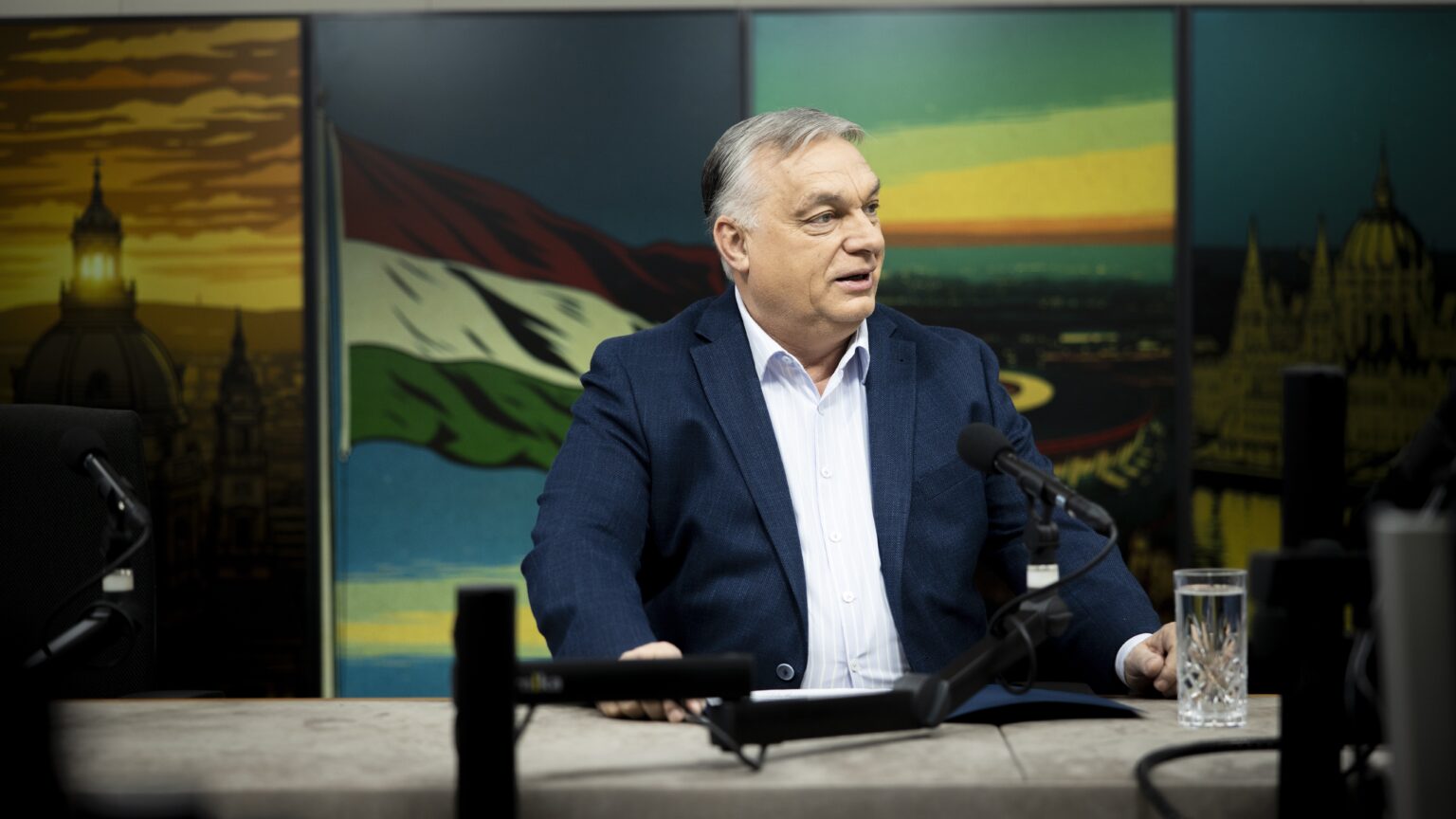
Prime Minister Viktor Orbán said the government will cover 30 per cent of households’ January energy costs after extreme cold weather, warning that ending the utility price cap would double or triple bills and threaten energy security.
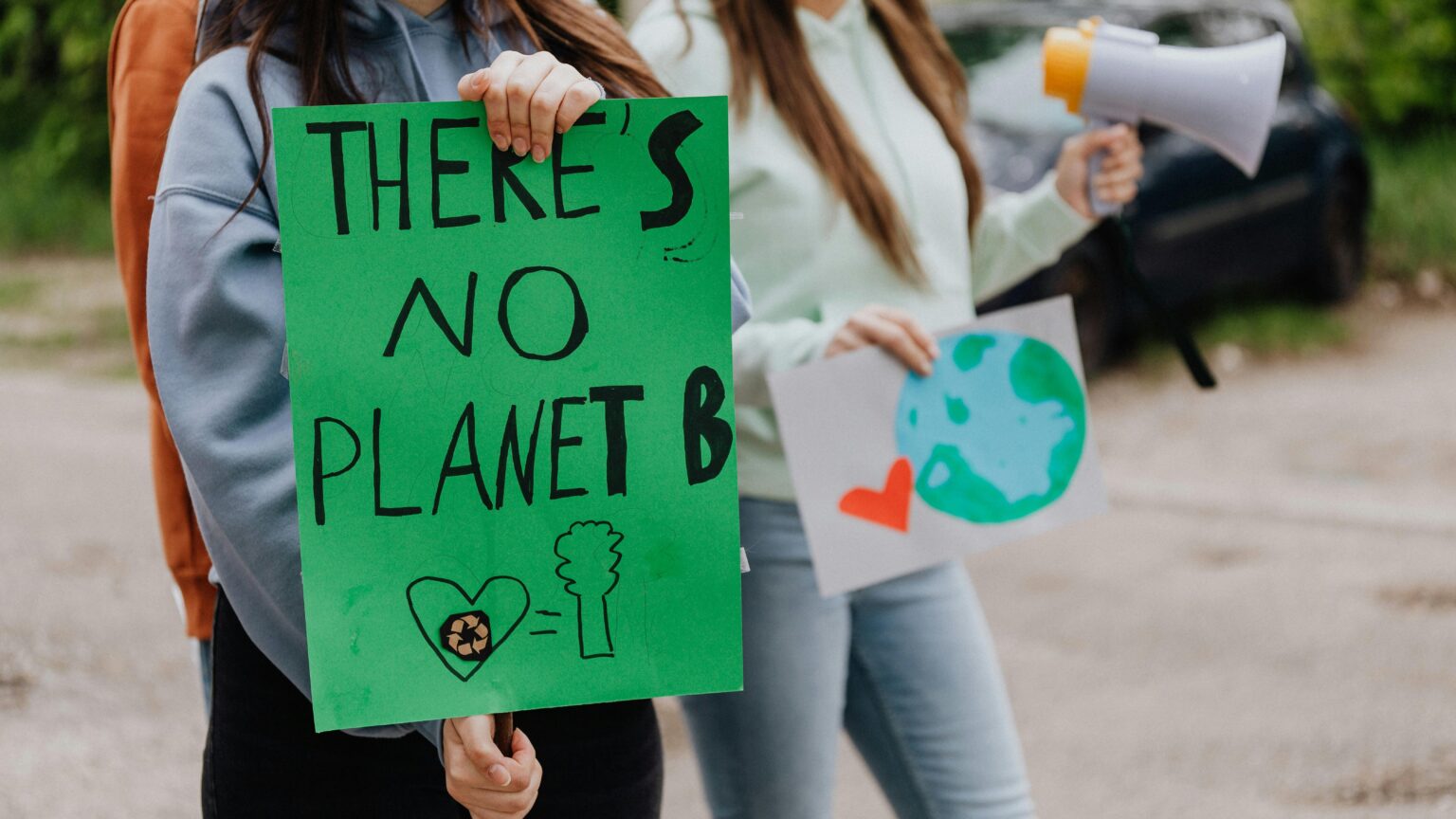
‘As the latest voting results from the European Parliament demonstrate, neither the climate nor the quest for electoral victory is well served by sacrificing balanced judgment and political realism on the altar of activism and virtue signalling.’
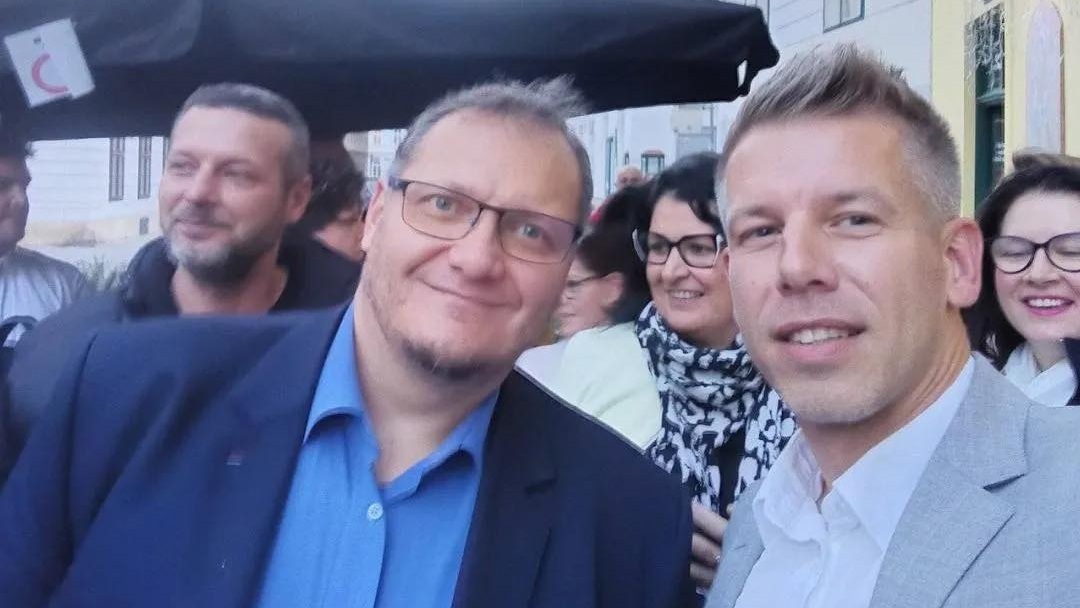
Balázs Csercsa, who ran the religious affairs task force for the Tisza campaign, announced his departure from the party earlier this month. Then, he talked to Index in a tell-all interview in which he claimed that the leaks about the party’s austerity plans are authentic, Tisza is hiding their actual plans from the public, and described Péter Magyar’s leadership style as ‘autocratic’, among other bombshell revelations.
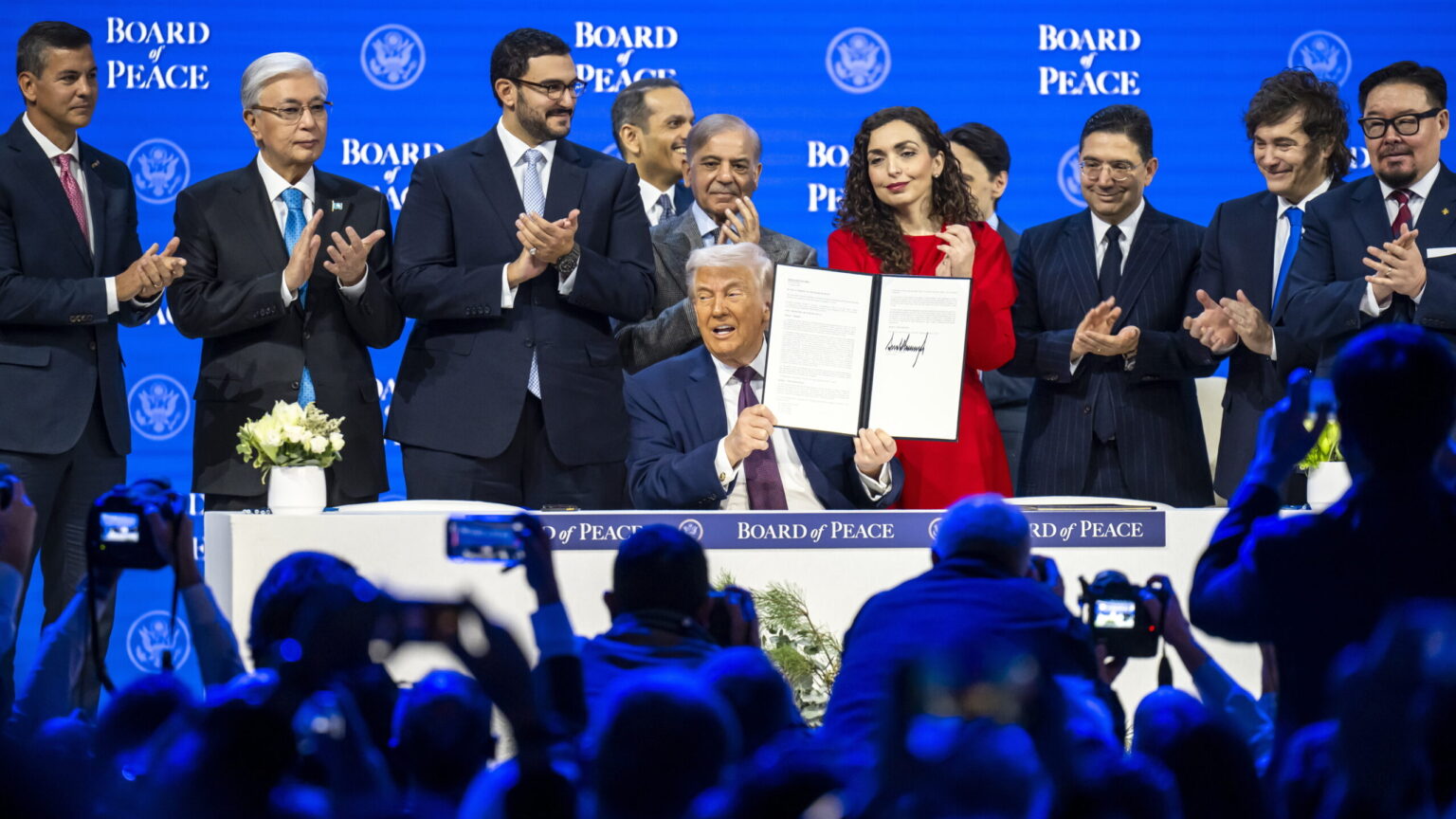
Donald Trump’s Board of Peace is not merely a new diplomatic forum, but a deliberate attempt to replace the United Nations’ paralysed conflict-resolution role. Designed to bypass vetoes and institutional capture, the initiative could weaken China’s leverage at the UN and drive Moscow away from Beijing.
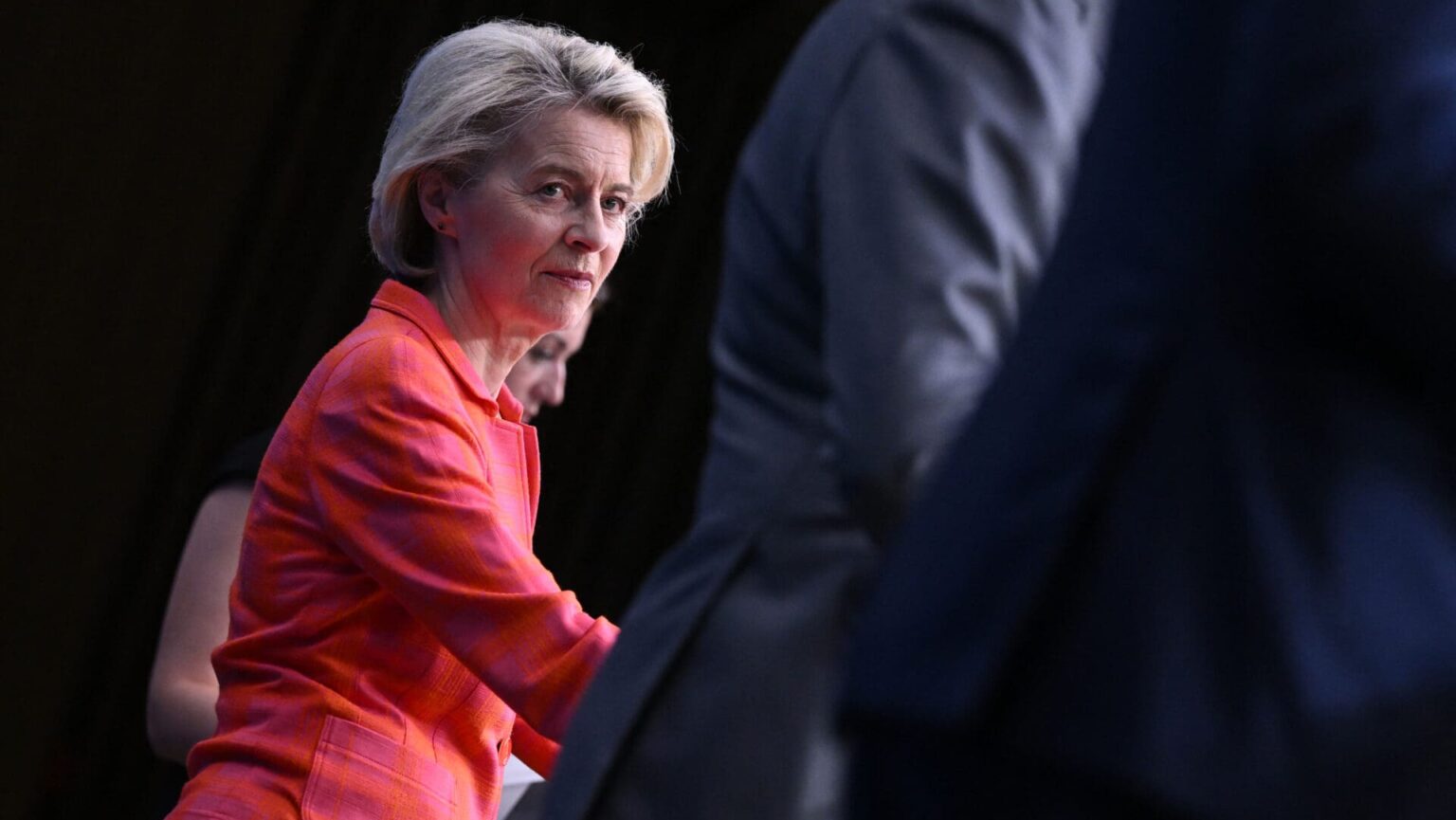
Brussels is considering admitting Ukraine to the European Union as early as 2027, before accession criteria are met, according to Századvég, whose latest survey finds that three quarters of EU citizens oppose the initiative.
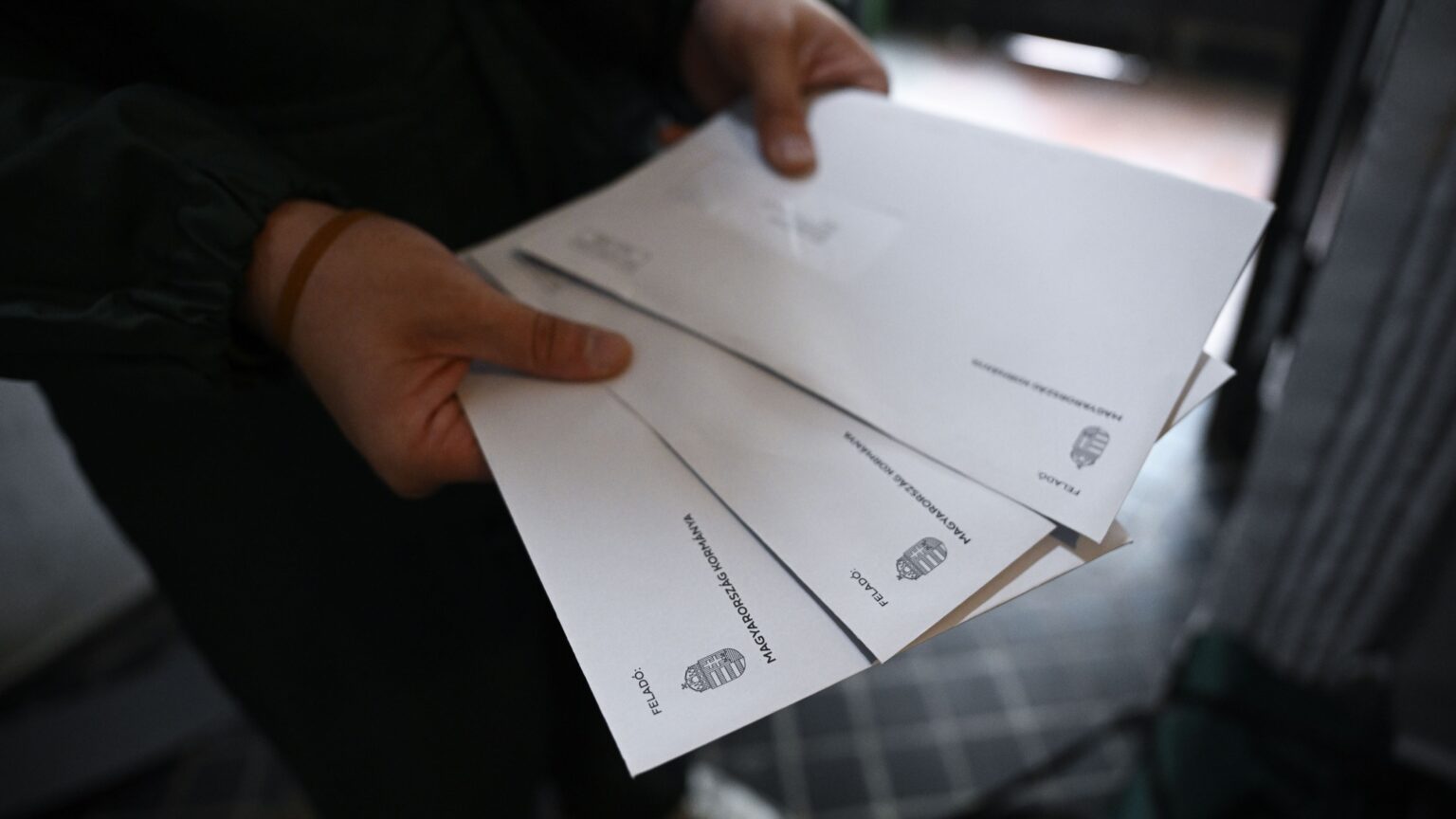
Hungary’s government has announced the launch of a national petition campaign urging citizens to reject EU plans to fund the war in Ukraine, Ukraine’s long-term operation and higher energy costs linked to the conflict.

‘You can talk all you want about international niceties and everything else. We live in a world…that is governed by strength, that is governed by force, that is governed by power.’
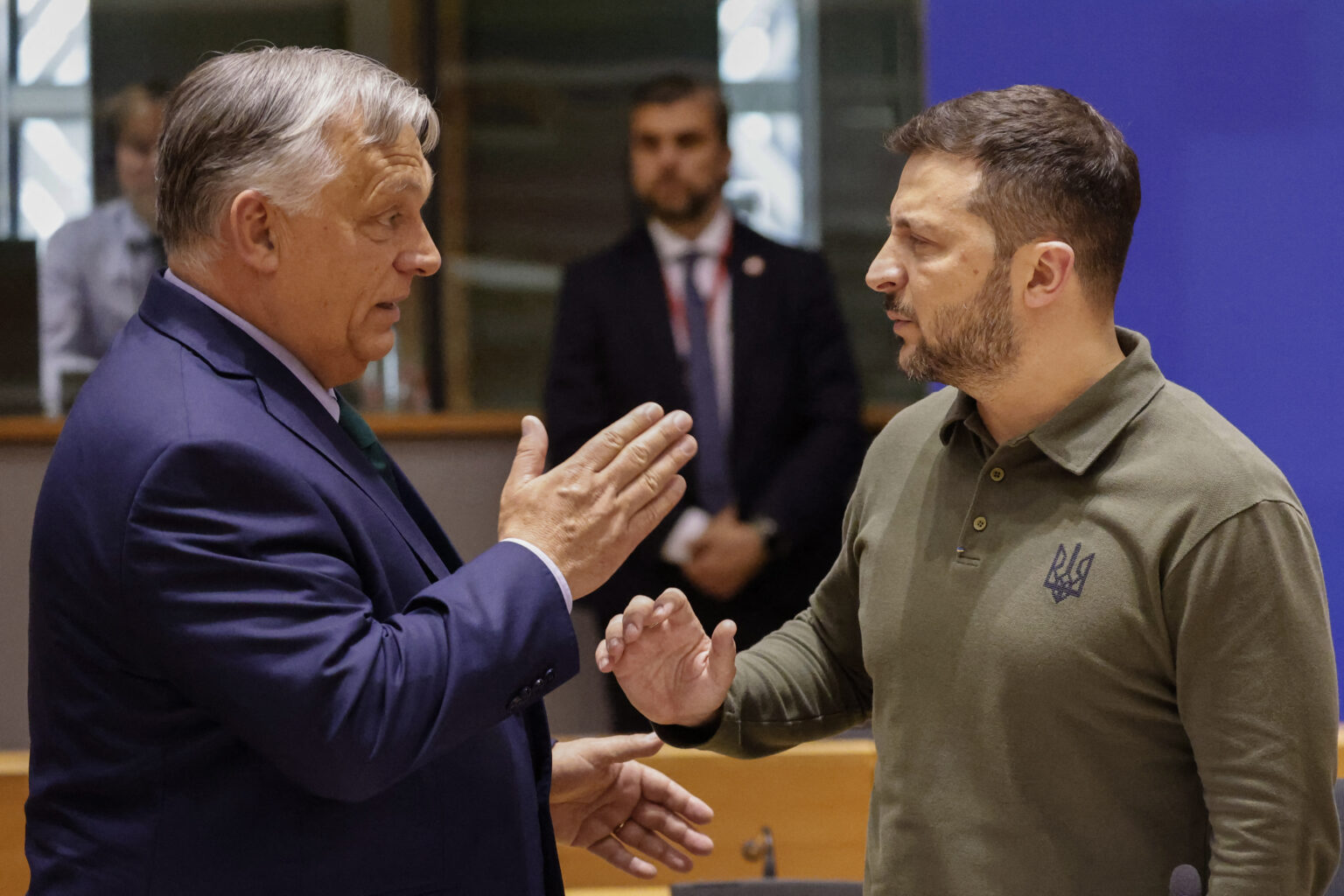
Viktor Orbán has warned that Ukraine is trying to influence Hungary’s election by escalating attacks on his government over EU accession and war funding. After Zelenskyy said leaders like Orbán ‘deserve a smack’, FM Andrii Sybiha accused Budapest of serving Putin and likened Orbán to WWII-era far-right leader Ferenc Szálasi. Hungary says both Brussels and Kyiv are interfering in April’s vote.

‘It is fair to say that, since its independence, Lebanon has rarely experienced a decade without facing either internal or external conflict. This reality helps explain why Lebanon’s economy has persistently struggled and why it is one of the few countries in the world where the size of the diaspora exceeds that of the domestic population, at an estimated ratio of three to one.’
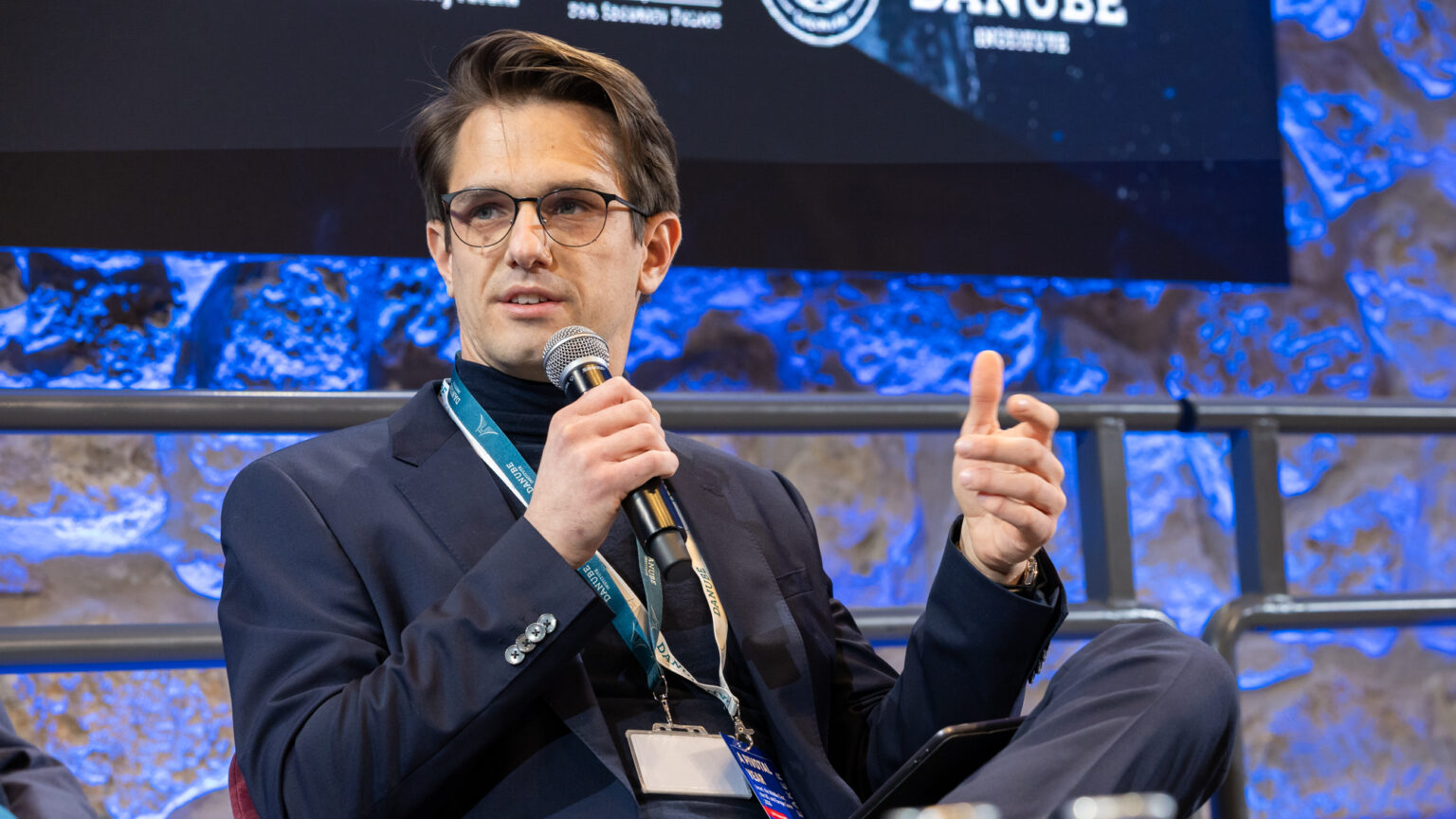
‘The coming years will…not be about returning to the past, but about shaping a stable future—one in which nations remain the cornerstone of international order, cooperation remains possible without coercion, and Europe remains strong precisely because it respects the sovereignty of its members.’
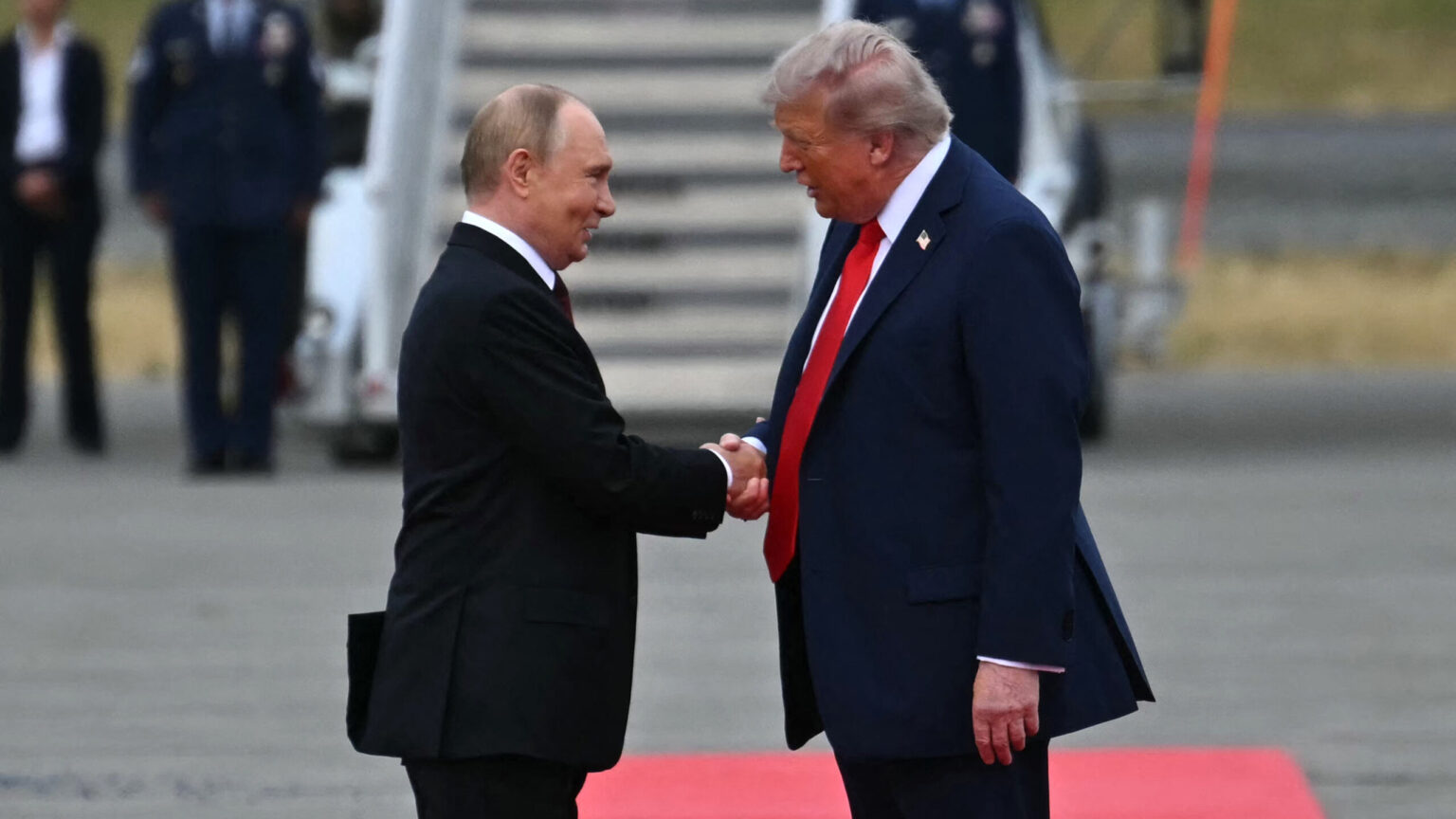
‘This is no longer a world of unilateral dictates, but a multipolar system of alliances defined by agreements, intensive trade, and technological competition. A US–Russian alliance is central to this, symbolized by the meeting of Presidents Trump and Putin in Alaska—a place that was once Russian territory, is now a US state, and may become the symbolic cornerstone of a historic strategic partnership.’
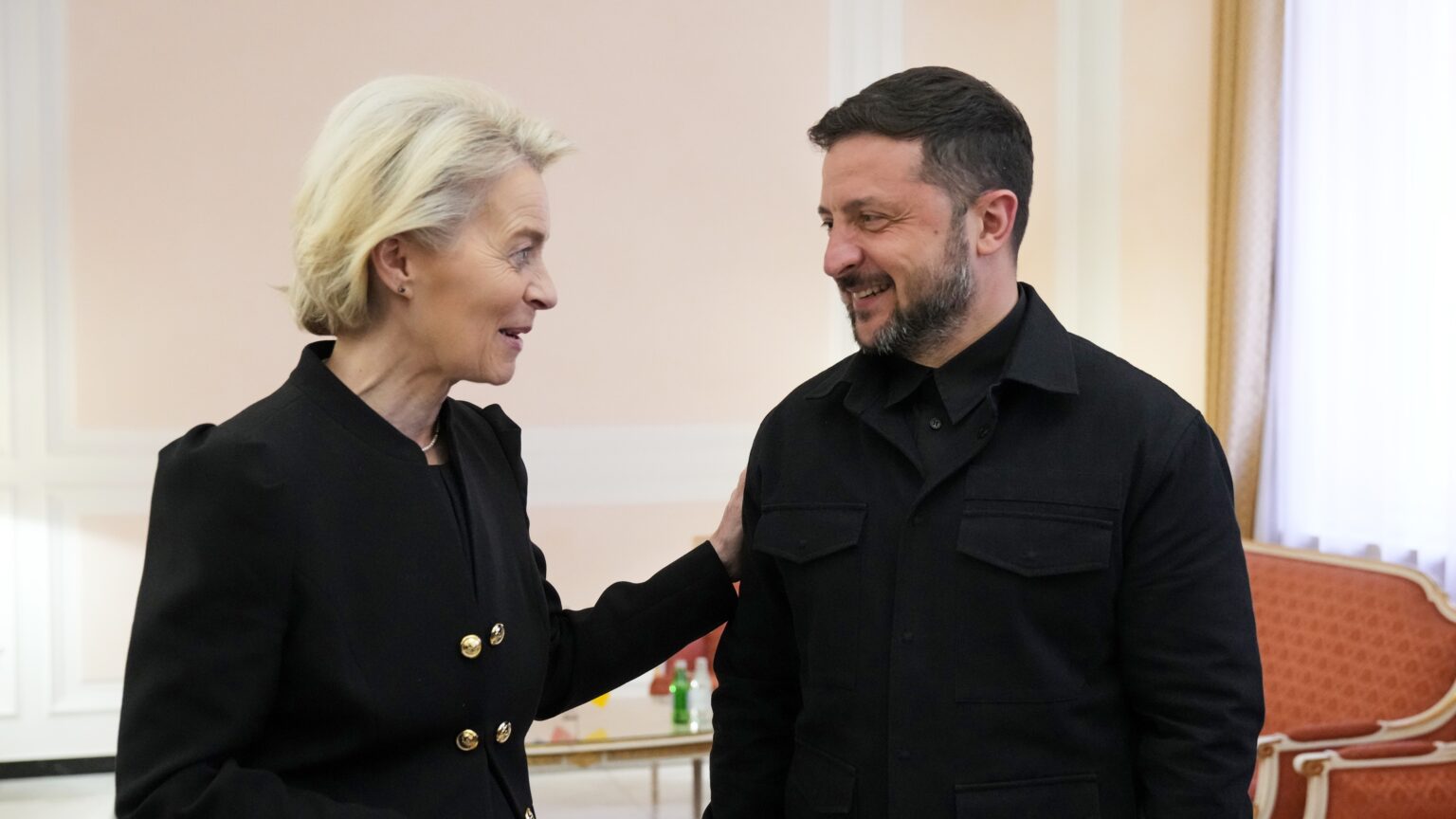
Hungarian Conservative and POLITICO have obtained an 18-page document shared with the attendees of the EU Summit in Brussels, which propses $800 billion to be raised in public and private grants, debt, and investment to fund the recovery of Ukraine after the war in the next ten years. Prime Minister Viktor Orbán of Hungary has forcefully spoken out against the plan.
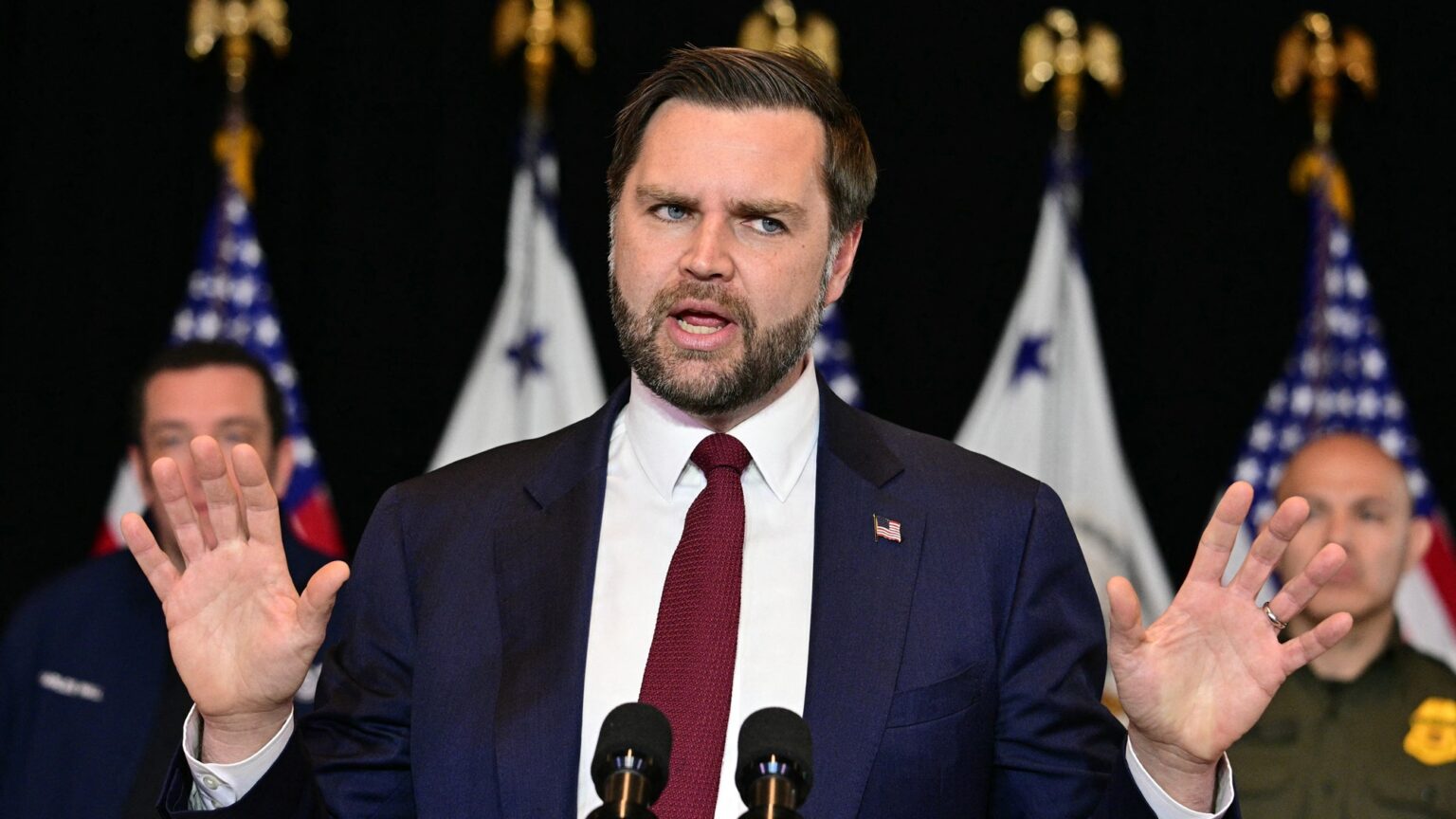
46 per cent of Americans have a favourable view of US Vice President JD Vance, while 41 per cent have an unfavourable view of him, according to a new poll by Emerson. By comparison, his most likely 2028 rival, Governor Gavin Newsom of California, had a favourability rating of just 33 per cent and an unfavorability rating of 44 per cent. Emerson underestimated President Trump and the Republicans ahead of the 2024 election.
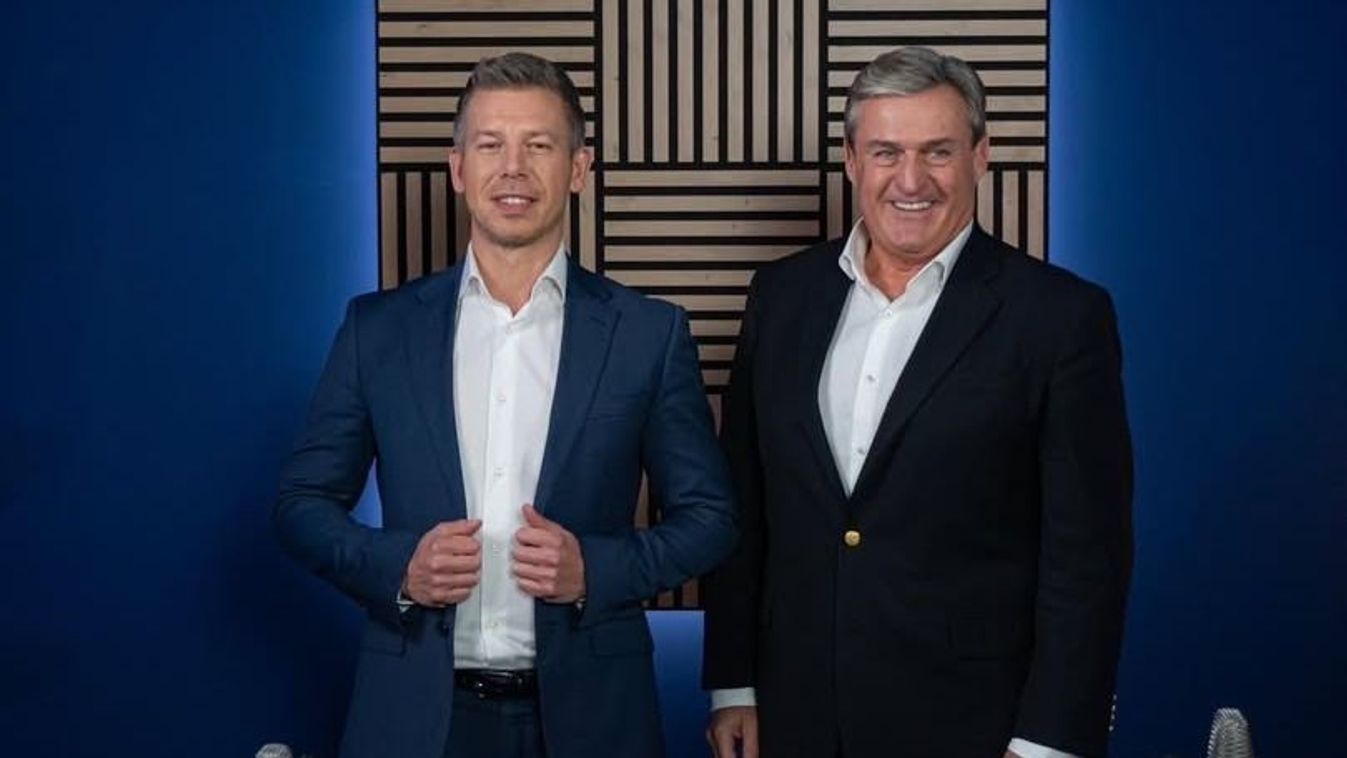
Hungarian news site Mandiner has revealed that István Kapitány, the Hungarian opposition Tisza Party’s new financial and energy expert, comes from Shell, a company that has made massive extra profits since the outbreak of the Russo–Ukrainian war.

A Századvég survey finds most EU citizens oppose deeper involvement in Ukraine: 51 per cent reject arms shipments, while 69 per cent oppose sending troops. Despite calls from leaders like Ursula von der Leyen and Manfred Weber for accelerated support, public opinion across most member states—including Hungary, Bulgaria, and Slovenia—remains firmly against military action.
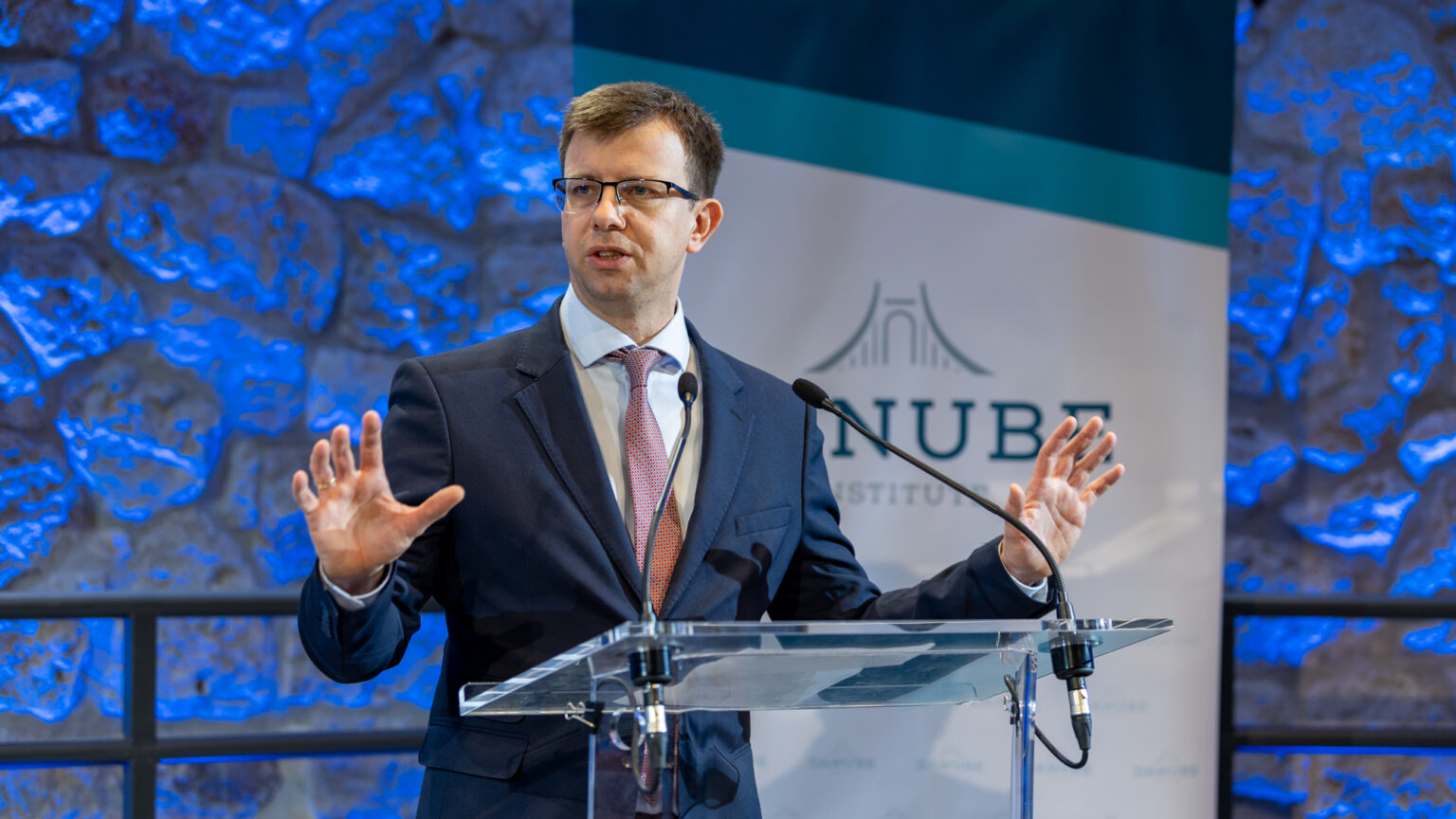
The minister answered the question: what is the right strategy for Hungary in the constantly changing global political environment?

The European Parliament’s first 2026 plenary session saw debates on the fourth motion of censure of the Commission, the Mercosur trade deal, and Hungary’s SAFE defence fund. Von der Leyen skipped the censure debate, Mercosur was referred to the Court of Justice, and Hungary’s access to SAFE funds faces opposition over alleged ‘corruption’.
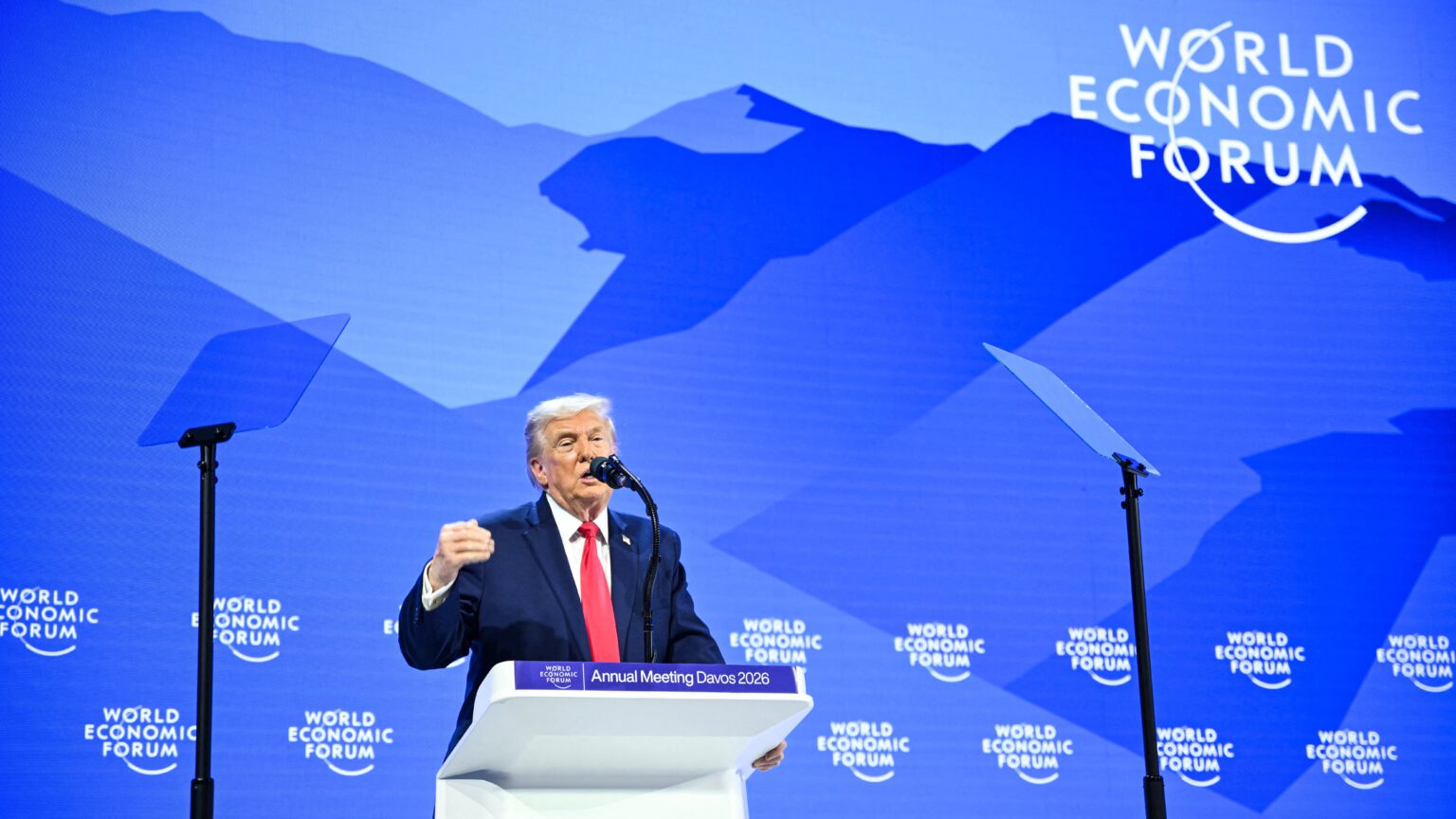
The four-day Greenland crisis ended in Davos after Donald Trump ruled out using military force to seize the island, which remains under Danish sovereignty. Instead, he signalled plans to expand the US role in the Arctic through a NATO agreement. The standoff reflects Trump’s familiar negotiating style—but what really happened?